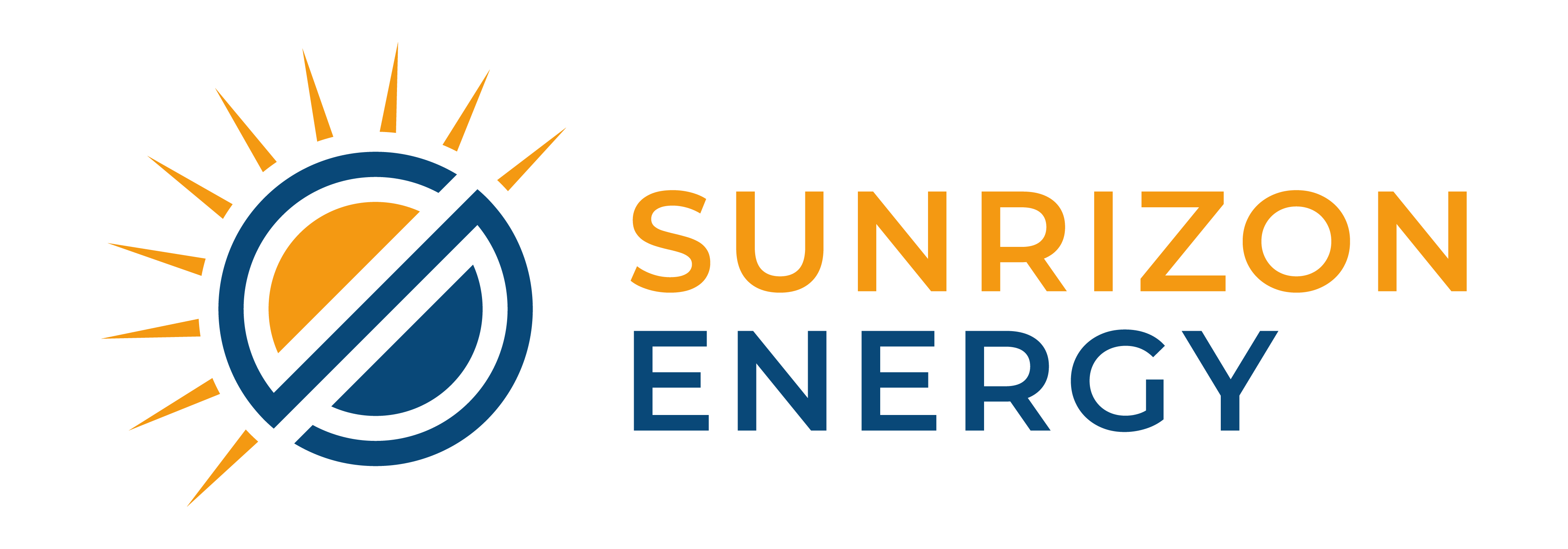
Transparency is not just a buzzword—it’s a cornerstone of trust and reliability in the solar industry. The recent suspension of Arcadia Solar in Las Vegas serves as a stark reminder of what’s at stake when companies fail to uphold these values.
Why Transparency Matters
- Transparency in the solar industry means clear communication about costs, realistic expectations about energy savings, and upfront disclosures about business practices. It ensures that customers make informed decisions and receive fair value, while also fostering a competitive market that drives innovation and improvements.
The Arcadia Solar Incident
- Arcadia Solar, once a promising name in Las Vegas’s solar scene, faced severe backlash and a potential license revocation due to non-transparent practices. They left several customers with unfinished installations and unfulfilled promises, such as unclaimed tax refunds, leading to financial distress and shattered trust.
The Fallout and Lessons Learned
- The fallout from the Arcadia Solar situation led to an increased scrutiny by the Nevada State Contractors Board, which has now heightened its monitoring and enforcement measures. This incident teaches other solar firms the importance of maintaining transparent operations to avoid similar pitfalls.
- Ensure Clear Contract Terms: Clearly outline what customers should expect in terms of costs, timelines, and outcomes.
- Regular Updates and Honest Communication: Keep customers informed throughout the installation process.
- Accountability: Follow through on promises, and swiftly address any issues that arise.
The Arcadia Solar case is a cautionary tale for all stakeholders in the solar industry. By prioritizing transparency, companies can not only avoid legal troubles but also build lasting trust with their customers, paving the way for a sustainable business model that contributes positively to the community’s energy goals.
